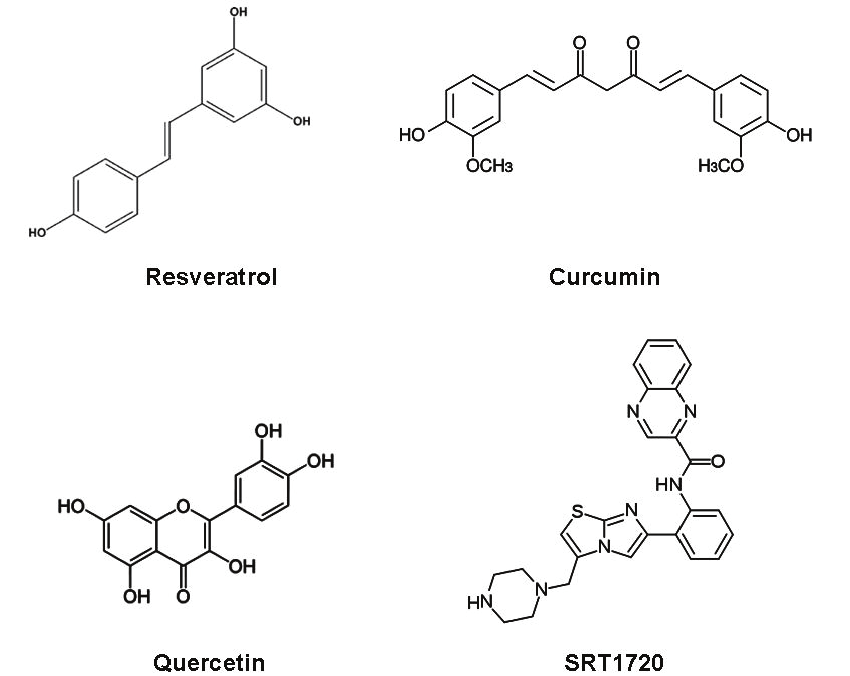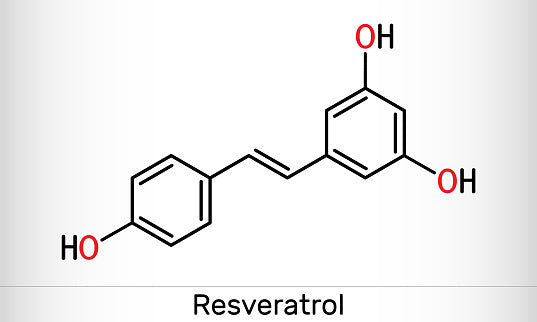Vitamin K

Vitamin K is a group of compounds largely obtained from meats, cheeses, and eggs, and synthesized by bacteria.
It is an essential vitamin that supports blood clotting and healthy bones.
The vitamin comes in two main forms:
Vitamin K-1, or phylloquinone, occurs naturally in dark leafy green vegetables and is the main dietary source of vitamin K.
Vitamin K-2, or menaquinone, is present in small quantities in organ meats and fermented foods. Gut bacteria also produce vitamin K-2.
The body needs both types of vitamin K to produce prothrombin, a protein that plays crucial roles in blood clotting, bone metabolism, and heart health. Vitamin K also helps facilitate energy production in the mitochondria of cells.
Vitamin K-1 is primarily involved in blood coagulation. K-2 may have a more diverse range of functions in the body.
Vitamin K has antioxidant properties. It protects cellular membranes from damage due to excess free radicals, in a process known as peroxidation. Blood thinning medication, such as warfarin, can lower the antioxidative potential of vitamin K.



